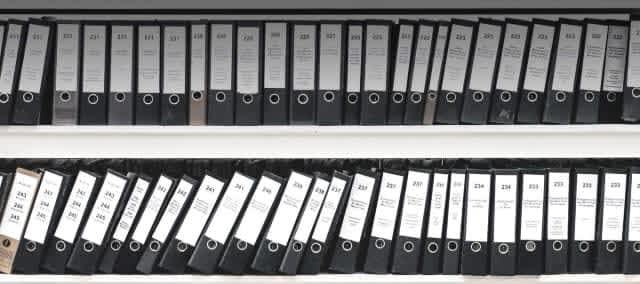What happens to my defined contribution pension when I die?
Most company schemes and personal pensions are defined contribution pensions. With this type of scheme, the amount you end up with at retirement depends on how much you (and your employer, if it’s a workplace scheme) have paid in, as well as how the funds your pension is invested in perform.
If you die before you’ve retired, the value of your plan will usually be paid as a tax-free lump sum to the person you nominated when you set up your pension. If you didn’t nominate anyone, the trustees of your pension can award it to any person who is financially dependent on you at the time of your death.
If you're already drawing down income from your pension
Lots of people opt to receive an income from their pension via flexi-access drawdown, which allows you to take an income from your pension as and when you need it. The rest of your retirement savings remain invested.
If you’ve chosen to do this and you die when you’re under the age of 75, your dependants can carry on taking an income from your pension free of tax. However, if you die when you’re over the age of 75, they must pay income tax on any income they receive.
Alternatively, they can use your remaining fund to buy an annuity, or income for life. Again, depending on your age when you die, they may have to pay income tax on the income they get from this.
If you have an annuity
The income provided by an annuity usually dies when you do, although this isn’t always the case and some annuities may continue to provide an income for a dependant, which could be your wife or civil partner or your children.
What happens to my defined benefit pension when I die?
If you have a defined benefit or final salary pension which promises to pay a guaranteed income at retirement and you die before you retire, your scheme will typically pay your beneficiaries a lump sum that is usually between two and four times your salary.
If you’re aged under 75 when you die, this lump sum will be tax-free. Your beneficiaries may also be entitled to a ‘survivor’s pension’ which is taxable.
If you die when you’re already receiving an income from your pension, your spouse or other beneficiary will often be paid a reduced pension until they die.
Check with your pension provider if you’re not sure what sort of benefits will be provided.
What happens to my state pension when I die?
Depending at what age you die, some of your State Pension entitlement may pass to your surviving spouse or civil partner, but only if they haven’t already built up a full basic State Pension through their own National Insurance contributions (NICs).
If your NICs record is more complete than theirs, they can apply to use your record rather than their own, so that they can receive a bigger State Pension than they might otherwise have been entitled to. If you die and your spouse or civil partner is under state pension age, they won’t be able to use your record if they remarry or enter a new civil partnership prior to reaching state pension age. Your spouse or civil partner may also be entitled to inherit some of your additional State Pension when you die. They can inherit up to 50% of your State Second Pension, whereas the maximum percentage of the State Earnings Related Pension Scheme (SERPS) they can inherit depends on your date of birth when you die. If they are entitled to inherit any additional State Pension, it will be paid on top of their State Pension once they reach State Pension age. The government’s Pension Service can help those looking to check how much they can claim and how.
Remember...
If you want to be certain any personal or workplace pensions will pass to the person or people you want, you’ll need to complete a ‘Nomination of Beneficiaries’ or ‘Expression of Wishes’ form where you state who you want to receive the funds from your pension. You can get one of these from your pension provider. You don’t have to make your spouse or a family member your beneficiary. You can choose whoever you want, so it could be a friend. If you die without having nominated anyone, the trustees will usually look at the beneficiaries of your will to help them decide who your pension should go to.



